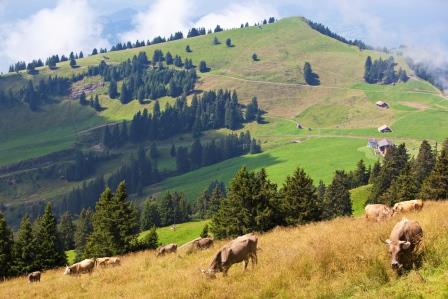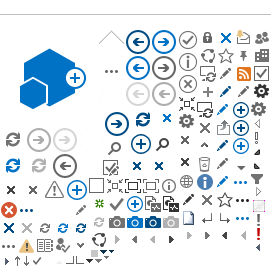Since the 1960s, remote alpine areas have undergone significant demographic change. Many of these areas are inhabited by historical linguistic minorities that speak either the language of a neighbouring nation-state, such as the Slovenes in Italy and Austria, or a regional language, as is the case with the Ladins and Friulians in Italy.
The areas chosen by the ID-Coop project (the Italian provinces of Belluno, Bolzano, Udine, and Gorizia, and the Austrian districts of Villach Land, Klagenfurt Land and Völkermarkt) are experiencing varied developments in the fields of linguistic and cultural identity, demographics, and economy. These asymmetries are the result of multiple interconnected factors, such as differences in the legal and institutional protection of minorities or the different incentives provided for local economic development.

Within the framework of the International Year of Cooperatives (United Nations 2012), the strong presence and social character of cooperatives in both Italy and Austria raise the following question: what economic and socio-cultural opportunities might these institutions bring to their members and the wider local community? ID-Coop seeks to explore this question by bringing together cooperativism and minorities – two types of community with common characteristics. A successful cooperative follows a common goal. In the case of ID-Coop, this goal is the creation of economic opportunities for minorities (such as new jobs), and the simultaneous promotion of minority languages and cultures, as well as of the region's competitiveness.
